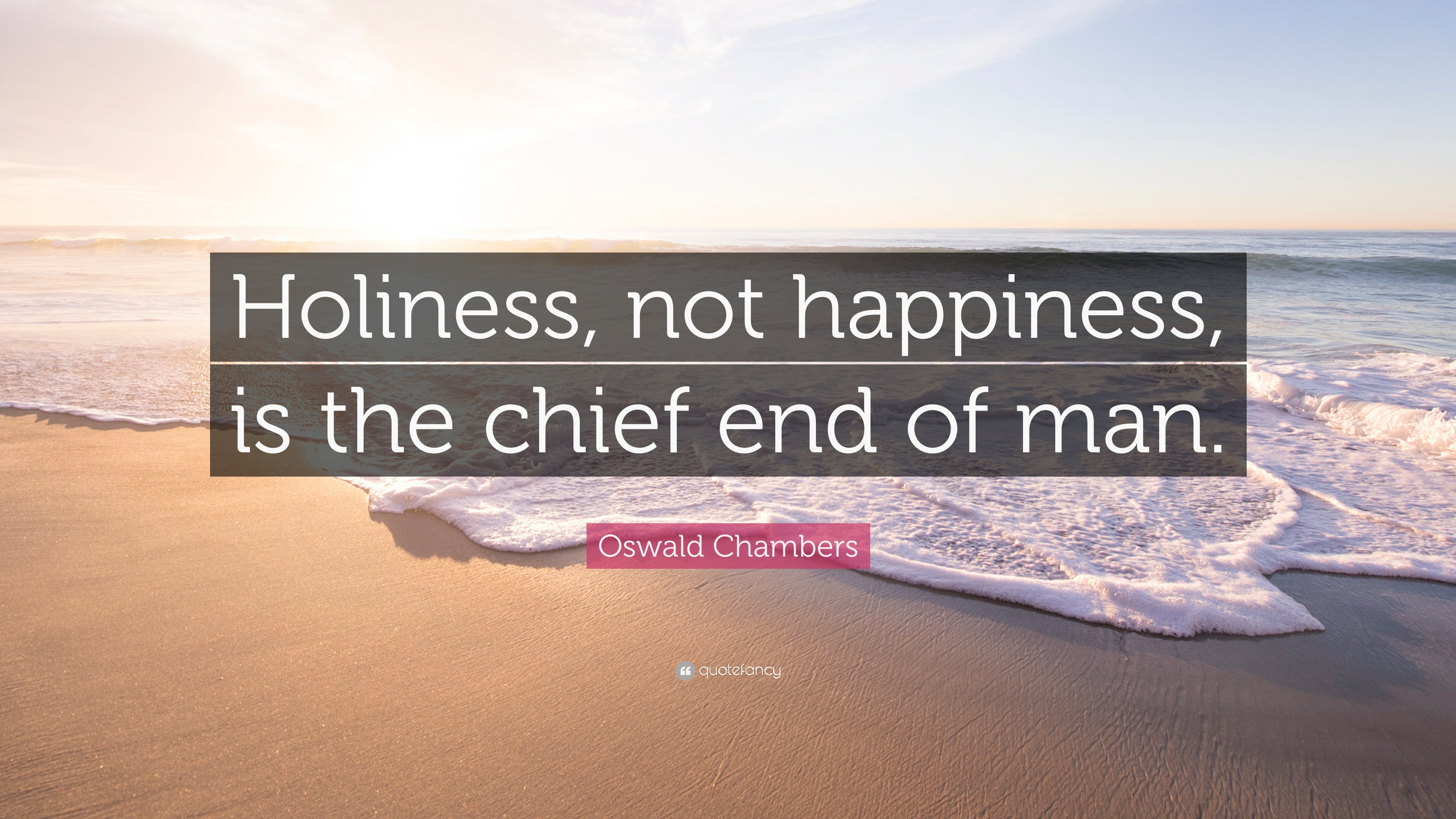
In his book How to Be Born Again, Billy Graham tells
of a time when he was to be interviewed at his home. Knowing the show would
appear on nationwide television, his wife, Ruth took pains to see that
everything looked nice. She vacuumed, dusted and tidied up the whole house.
When the film crew arrived with all the lights and cameras, she felt that everything
in the living room was spic-and-span.
Billy said, “We were in
place along with the interviewer when suddenly the television lights were
turned on and we saw cobwebs and dust where we’d never seen them before. In the
words of my wife, ‘I mean, that room was festooned with dust and cobwebs which
simply did not show up under ordinary light.’”[1]
The point is, of course,
no matter how well we clean up our lives and think we have them all in order,
when we see ourselves in the light of God’s holiness, all the sin and filthiness
shows up.
As we study the Bible, we
find that God’s holiness is one of His chief attributes. After all, God is
all-loving, but the angels around the throne aren’t recorded as singing, “Loving!
Loving! Loving!” God is all all-powerful, but none of the worship songs in
Revelation have the angels or elders around the throne saying, “Power! Power!
Power!” But the cry of the heavenly hosts is “Holy! Holy! Holy!” (Is. 6:3; Rev.
4:8).
Moreover, when people
encountered this holy God they all had traumatizing experiences of having their
sinfulness being exposed. When Isaiah saw the Lord high and lifted up he cried
out, “Woe is me, for I am undone! Because I am a man of unclean lips,” (Is. 6:5).
As Moses drew near to the Great I AM speaking from the burning bush he was
commanded take off his sandals, for the place upon which he stood was holy
ground (Ex. 3:4-5). And when Peter beheld Jesus in his boat he said, “Depart
from me, for I am a sinful man, O Lord!” (Luke 5:8).
When we talk about the
holiness of God it’s a term that’s tricky to define, because there is no clear
reference point on this earth which illustrates the concept. A.W. Tozer has
written:
“Neither the writer nor
the reader of these words is qualified to appreciate the holiness of God. Quite
literally a new channel must be cut through the desert of our minds to allow
the sweet waters of truth that will heal our great sickness to flow in. We
cannot grasp the true meaning of the divine holiness by thinking of someone or
something very pure and then raising the concept to the highest degree we are
capable of. God’s holiness is not simply the best we know infinitely bettered.
We know nothing like the divine holiness. It stands apart, unique,
unapproachable, incomprehensible and unattainable. The natural man is blind to
it. He may fear God’s power and admire His wisdom, but His holiness he cannot
even imagine.”[2]
The Bible speaks of God’s
holiness in two ways. First, is the idea of separateness.
In other words, God is independent
and distinct from His creation. In the way that an author is separate from his
book, or a painter is separate from his painting, so too God is distinct from
creation. In Isaiah 40 we read, “To whom then will you liken God? Or what
likeness will you compare to Him? . . . It is He
who sits above the circle of the earth . . . “To whom then will you liken
Me, Or to whom shall I be equal?” says the Holy One” (v. 18, 22, 25).

Second, is the idea of sinlessness. 1 John 1:5 says, “This is
the message which we have heard from Him and declare to you, that God is light
and in Him is no darkness at all” and Hab. 1:13 declares that, “You are of
purer eyes than to behold evil, and cannot look on wickedness.” Holiness means
the total absence of any taint of evil in His nature. No shadow of sin comes
close to His person.
The holiness of God should
elicit all kinds of responses in us. First, it should cause to see our own sin
and repent daily (Rom. 3:23). Remember the cobwebs in Billy Graham’s house? We
may think we are clean, moral people, especially when we compare ourselves to
others. But the standard of perfection is not each other. The standard is a
thrice-holy God.
Second, it should cause us
worship. Jesus, the holy, sinless Son of God was made sin for us (2 Cor. 5:21).
Even the holiness of God the Father would not permit Him to look upon the
ugliness of His Son as he was engulfed with all the filthiness of sin of man on
the Cross (Matt. 27:46). Christ endured the white-hot wrath of holiness judging
sin so that we may be declared righteous and holy. That makes the wonder of the
Cross that much more amazing.
Third, the holiness of God
should cause us to pursue personal holiness. Oswald Chambers said, "Holiness not happiness is the chief end of man." The Bible says that we are to
reflect the nature of our God by living holy lives (1 Pet. 1:16). This holiness
does not mean isolation from the world, rather it means resisting sin,
renouncing the lusts of the flesh and obeying the Word of God rather than the
ways of the world. -DM
[1]
Billy Graham, How to Be Born Again (Waco,
TX: Word Books, 1977), 126.
[2] A.W.
Tozer, The Knowledge
of the Holy, (San Francisco: Harper Collins, 1961), 104-5.
No comments:
Post a Comment